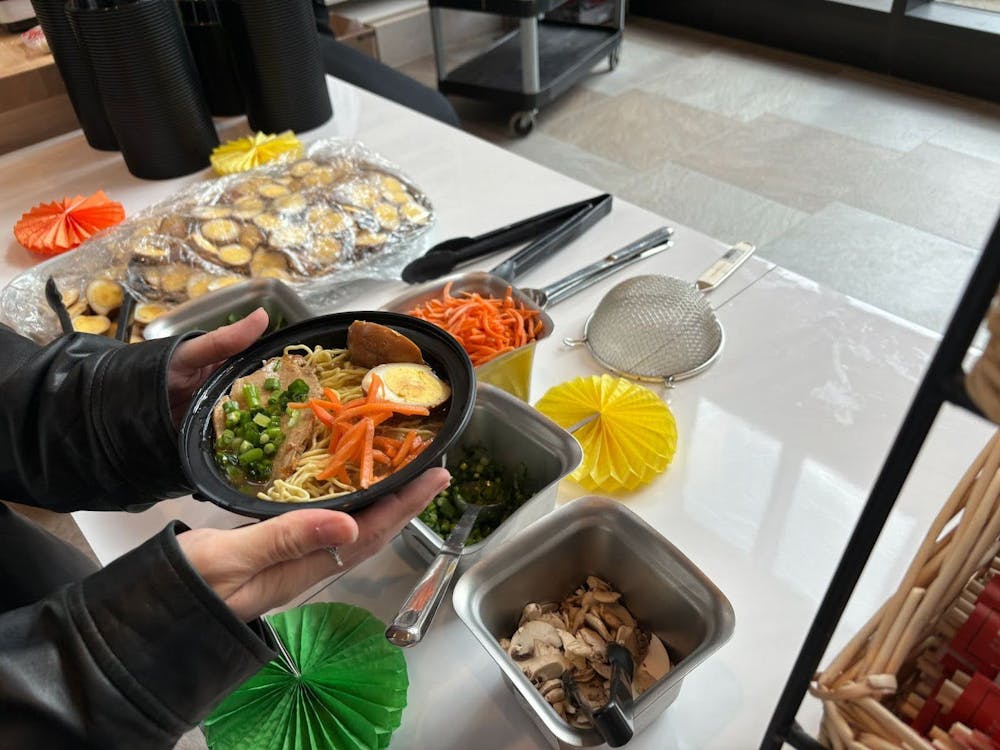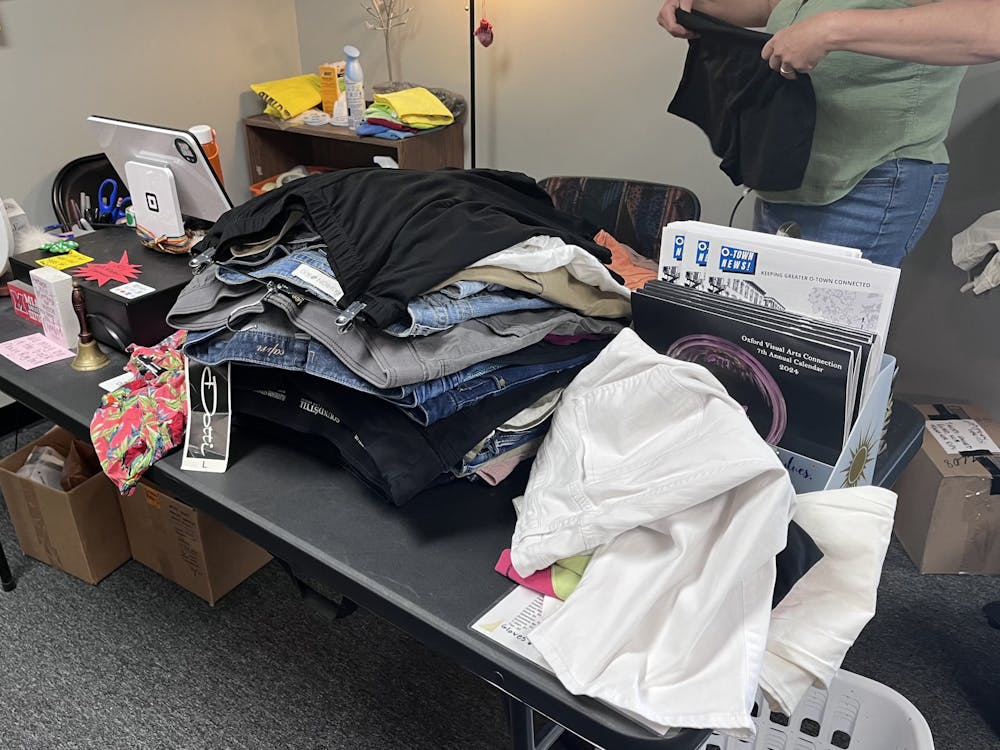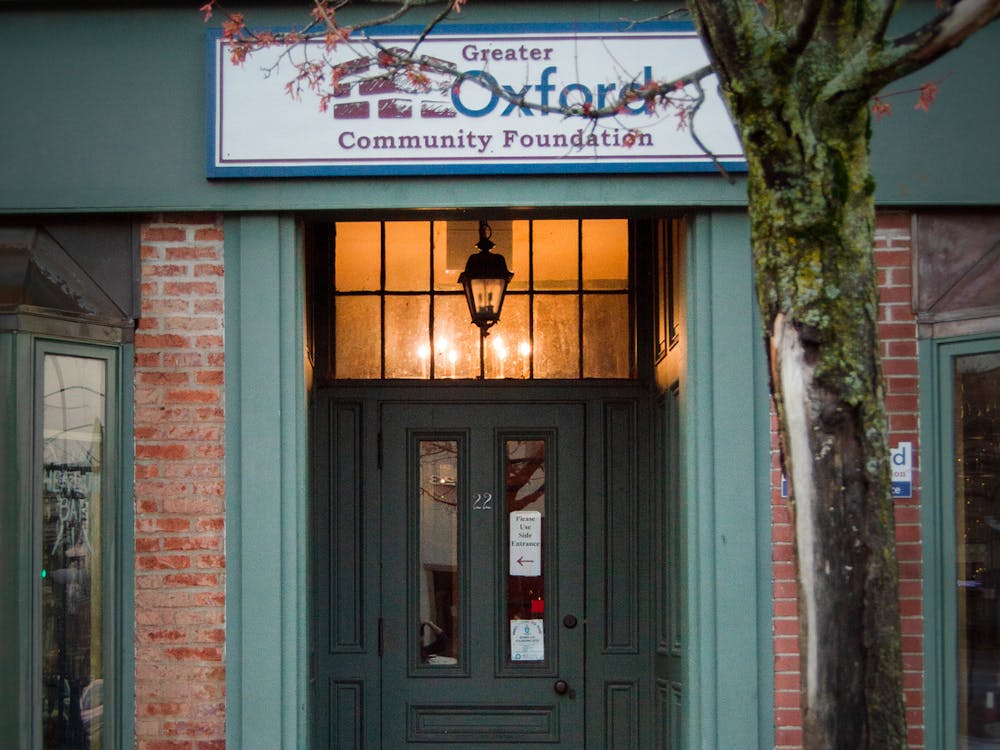With move-in for on-campus students officially concluded on Oct. 4, nearly all students who chose to return to Oxford this semester have settled into college life for the foreseeable future.
For most students, the decision was not an easy one. Factors such as a potential, if not inevitable, spike in COVID-19 cases and restrictions on social gatherings made many wary of what exactly living on a college campus during a pandemic would look like.
With limited in-person social interaction available to on-campus students, the role of Resident Assistants (RAs) in helping students make the transition to college is more crucial than ever. University restrictions on face-to-face meetings, however, have left students struggling to connect with their RAs.
“I’ve heard complaints [about RAs] from other students, that they’re not really present,” said first-year student Fisher Beasley, a resident of Hepburn Hall. “I mean, I’ve been here for almost a month, and I haven’t really interacted with mine at all.”
Though RAs have organized virtual events for students on their floors to get to know one another, many have chosen not to take advantage of these opportunities.
“That’s just not how I prefer to socialize and make friends,” Beasley said. “Usually, I have other stuff I need to be doing instead.”
With positive COVID-19 cases on the rise in residence halls, particularly those inhabited by first-years, what little opportunities students had to meet in person have been brought to a halt.
Of the 13 residence halls listed at a Level 4 advisory on the university’s COVID-19 dashboard as of Oct. 12 (meaning at least one floor of the building has a positive test rate of at least 5%), all have at least a partial population of first-year students.
Edward Green, Resident Director (RD) of Emerson Hall, understands that students are tired of experiencing college through a computer.
“It’s been difficult finding ways to engage students in a meaningful way and trying to do it in a way that’s going to be entertaining for them, because I think the Zoom fatigue is really affecting students right now,” Green said.
While Zoom has played a major role in both students' academic and social lives, RAs across residence halls have started utilizing other group platforms like Netflix Party and Kahoot to foster connections within their floors.
“We did a Kahoot to try and do something a little more entertaining, and we had a gift basket for the winning resident — that was a lot of fun,” Green said.
Enjoy what you're reading?
Signup for our newsletter
Though Emerson’s Level 4 status has forced Green to prohibit any in-person gatherings in the building, he encourages both his RAs and residents to remain accessible to one another.
“Part of the residential experience here is that everyone in the community meets with their RA individually,” Green said. “I’m happy to say that, for the most part, residents have done well with getting engaged in their corridors — it’s really more important now than ever.”
In addition to creating a welcoming social environment for residents, RAs also help students that may need guidance with their transition to college.
“They’re on the floor as a resource to you guys,” said Becca Robles, RD of Peabody Hall. “They’re there to not only connect with you, but to connect you with other residents.”
In addition to participating in RA-led events, students looking to get involved can also join their hall’s Community Leadership Team (CLT) to increase community involvement while still following university guidelines.
“CLT is a great way, if you’re not necessarily seeing what you want to happen in the halls, to get that to happen,” Robles said. “It’s a way for students to come in and make sure their voices are heard.”




